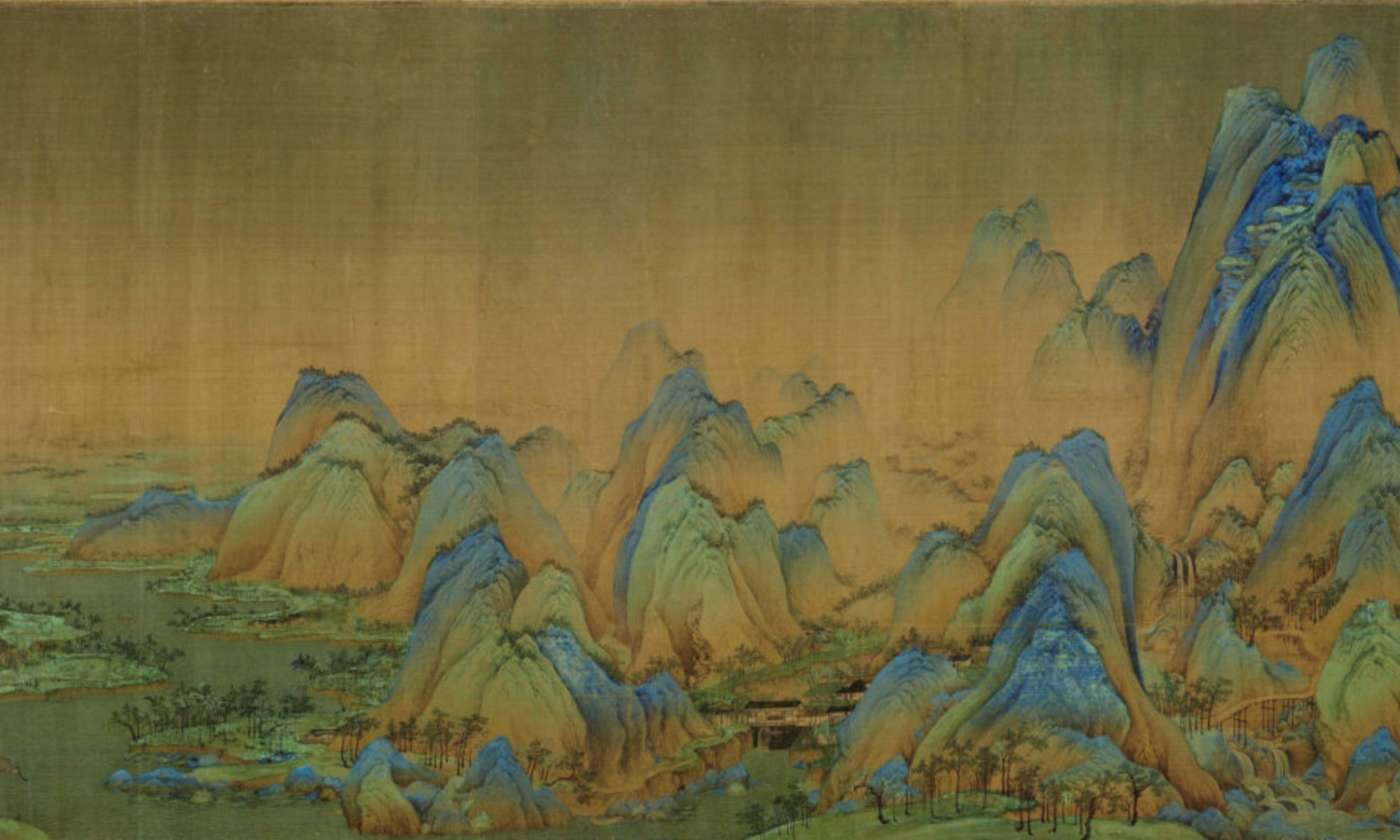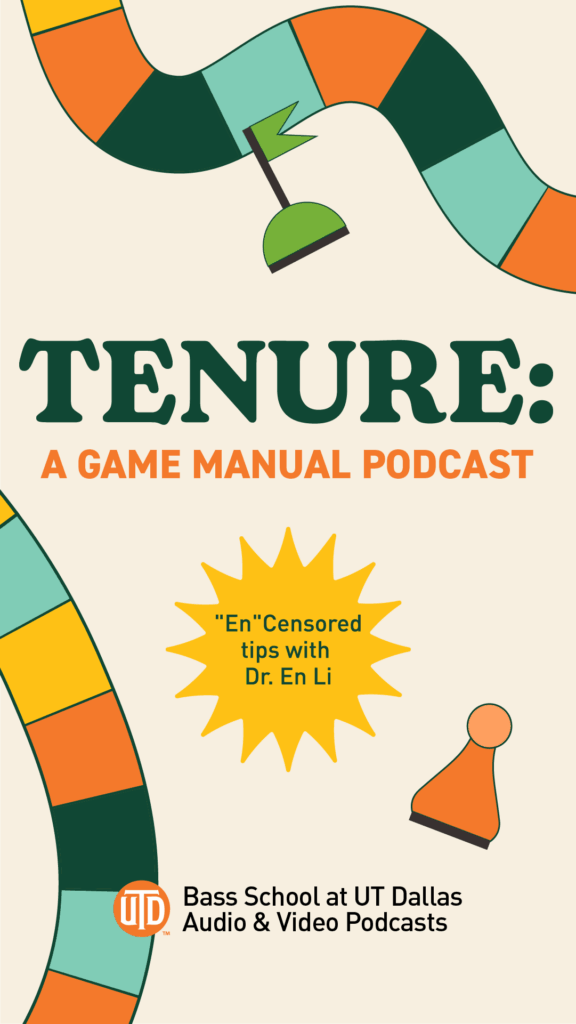Friday, January 9, 2026: 3:30 PM-5:00 PM
Madison Room (Palmer House Hilton, Third Floor)
Session organizer: Mao Lin, Georgia Southern University
Chair: Yi Sun, University of San Diego
Papers:
“Bamboo Diplomacy”: Between Beijing and Hanoi
Xiaobing Li, University of Central Oklahoma
Cooperation or Confrontation: New Era in Sino–Indian Relations
Xiaoxiao Li, University of Central Oklahoma
From Recovering China to Seeking Independence: China–Taiwan Relations in the Xi Era
Qiang Fang, University of Minnesota, Duluth
A New World Order? The Shanghai Cooperation Organization and Xi’s China
Mao Lin, Georgia Southern University
Comment: Yi Sun, University of San Diego
Session Abstract:
This panel provides a comprehensive analysis of the evolving landscape of China’s foreign relations under Xi Jinping, with a particular focus on its interactions with key neighbors, including India, Vietnam, Taiwan, Russia, and countries in Central Asia. As Xi’s leadership has fundamentally shaped China’s approach to regional diplomacy, understanding these dynamics is crucial to assessing China’s broader foreign policy goals.
One notable case is the relationship between China and Vietnam, explored in the presentation titled “’Bamboo Diplomacy’ between Beijing and Hanoi” by Dr. Xiaobing Li. During Xi Jinping’s third term, Vietnam has carefully balanced its relations with China while strengthening ties with the United States and Japan. In 2023, the U.S. and Vietnam elevated their partnership, while Vietnam also secured Official Security Assistance with Japan. Xi’s December 2023 visit to Vietnam aimed to maintain influence, especially on issues like Taiwan’s independence and South China Sea disputes. Vietnam’s “bamboo diplomacy” seeks to preserve independence while engaging with Beijing.
Dr. Xiaoxiao Li’s paper explores the shifting Sino-Indian relations, particularly since the U.S. pivot to the Indo-Pacific under the Obama administration. While Xi Jinping has made efforts to stabilize ties with India through personal visits and multilateral engagement, tensions have intensified, especially during and after the COVID-19 pandemic. Despite these challenges, China continues to pursue opportunities for mutual benefit, while seeking to maintain influence in the region.
Dr. Qiang Fang’s paper focuses on the issue of Taiwan. Regarding Taiwan, Xi Jinping has faced increasing resistance from Taiwan, where a sense of national identity and desire for independence has grown stronger. The DPP’s policies under Xi’s leadership have become more assertive, leading China to adopt more aggressive political, military, and diplomatic strategies, which have strained relations with Taiwan, the U.S., and Japan.
Finally, Dr. Mao Lin’s paper examines how the Shanghai Cooperation Organization (SCO) has emerged as a key instrument in Xi Jinping’s foreign policy, expanding its role under his leadership to promote regional security and economic cooperation, particularly in Central Asia. By leveraging the SCO, Xi has positioned China as a central actor in addressing regional challenges while emphasizing the importance of collective security and non-interference, although internal challenges, such as Russia’s efforts to counterbalance China, remain significant.
Through these case studies, the panel sheds light on the complexities of China’s foreign relations under Xi Jinping and offers insights into the ongoing shifts and continuities in China’s regional strategies. (396 words)
Individual Paper Abstracts:
“Bamboo Diplomacy:” between Beijing and Hanoi
Xiaobing Li, University of Central Oklahoma
During Xi Jinping’s third term, Vietnam maintained a diplomatic balance and keep a distance with China. Hanoi continued to strengthen its relations with the United States when Biden visited Vietnam and established a strategic partnership in September 2023. Then, Vietnamese President Thuong visited Japan in November and agreed on Official Security Assistance (OSA). For Hanoi, a strong relationship with the US and Japan could be a check on Beijing. In December 2023, Xi visited Vietnam.
This paper explains why Xi Jinping made his third visit to Hanoi and how China kept Vietnam on its side regarding the “One China” policy, Taiwan’s independence, and disputed islands in the South China Sea to assess the recent position of China’s Vietnam policy. It also examines some historical problems left behind by Deng Xiaoping after his invasion of Vietnam in 1979, Jiang Zemin’s resolution of outstanding disputes between the two countries in 2002, and Hu Jintao’s land borders demarcation agreement in 2009. Xi faces a traditional resistance from Hanoi, which tries to maintain its independence and autonomy by curbing Beijing’s influence and control through its own flexible “bamboo diplomacy.”
Cooperation or Confrontation: New Era in Sino-Indian Relations
Xiaoxiao Li, University of Central Oklahoma
Chinese has a long lasting saying that “A distant relative is not as good as a close neighbor”. There are so many similar aspects in both China and India that reflect the necessary need for cooperative and strengthened relations. But ever since the U.S. began to turn its focus on the Indo-Pacific pivot from Obama administration, the tension between China and India intensified simultaneously. China and its leader tried hard to stabilize the Sino-Indian relations through the CCP leader and Chinese President Xi Jinping’s state visit to India in 2014, the military meetings over the border disputes, the negotiations under the framework of multilateral organizations such as BRICS Summit, the Shanghai Cooperation Organization Summit, Asean, G20, COP29, etc. Sino-Indian relations have experienced turbulent ups and downs, especially during the US Biden administration during and after the Covid-19 Pandemic. This article focuses on the efforts from China side as how to figure out a way that is mutually beneficial and why China makes such move from a historical perspective.
From Recovering China to Seeking Independence: China-Taiwan Relations in the Xi Era
Qiang Fang, University of Minnesota, Duluth
Since Chiang Kai-shek lost the civil war and fled to Taiwan Island in 1949, the China-Taiwan relations have generally experienced three phases. From 1949 to Chiang’s death in 1975, the Taiwan Strait was filled with tensions as Chiang Kai-shek continued to attempt to recover mainland China with force (fangong dalu). To deter Chiang’s ambition, Mao and the CCP bombarded Jinmen Island twice in the 1950s. The second phase is Taiwan under the rule of Chiang Ching-kuo, especially after GMD delegates were evicted from the Unite Nation and US formally recognized the PRC. While Chiang Ching-kuo never gave up his father’s plan to recover mainland China, he became more practical by appointing native Taiwanese in the government including his vice president. The third phase began in the late 1980s. Taiwan in most of this period has been ruled by native Taiwanese DPP who, unlike the Chiangs has no interest recovering China. All they want is Taiwan’s gradual independence. To attain that goal, the DPP has highlighted Taiwan’s uniqueness such as its democracy, high-tech companies, and quality health insurance. Under Xi Jinping, to counter Taiwan’s determined drifting out of China’s orbit, the CCP has adopted more aggressive political, military, and diplomatic policies to deal with Taiwan, which increasingly strains China’s relations with Taiwan, the U.S. and Japan.
A New World Order? The Shanghai Cooperation Organization and Xi’s China
Mao Lin, Georgia Southern University
The Shanghai Cooperation Organization (SCO), under Xi Jinping’s leadership, has evolved into a significant multilateral platform for promoting regional security, economic cooperation, and political stability. This essay explores the transformation of the SCO during Xi’s tenure, highlighting his strategic vision for the organization. Since assuming power in 2012, Xi Jinping has focused on strengthening SCO’s role in addressing regional and global challenges, particularly in Central Asia. Through his leadership, the SCO has broadened its scope to include more member states and promote economic integration through initiatives such as the Belt and Road Initiative (BRI).
More importantly, the SCO has challenged the rules and norms of the US-led world order by emphasizing the importance of combating terrorism, extremism, and separatism, Within the SCO, Beijing has emphasized the so-called “Shanghai Spirit,” promoting mutual respect, non-interference, and collective security, while balancing China’s growing influence with the need for consensus-based decision-making. While Xi has sought to position China as a key driver of the SCO, the SCO also faces seriously internal challenges, especially Russia’s effort of bring India into the organization to counterbalance China’s influence.

